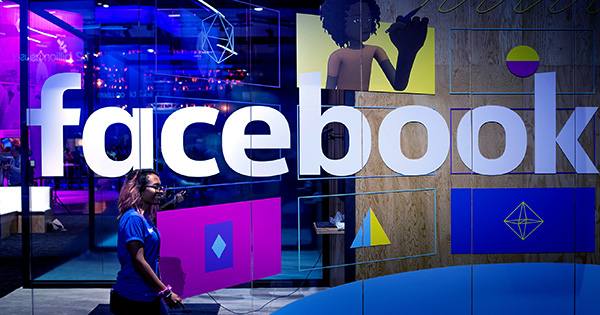This is the second installment of a three-part series on Facebook’s monopoly. The first article looked at how the Federal Trade Commission in the United States should characterize the Facebook monopoly. Cloudflare’s recent post detailing the impact of Amazon’s monopoly in its business has inspired me.
Maybe it was a competitive strategy, but I feel it was more of patriotic duty: providing guidelines for legislators and regulators on a complicated problem. My generation has watched with grief and fear as legislators who have never used email interrogate our generation’s finest innovators about products that have long penetrated our lives in ways we don’t fully comprehend.
I, personally, and my company stands to benefit very little from this, but I feel obligated to try as a member of the latest generation of social media upstarts and as an American concerned about the survival of our democracy. Mark Zuckerberg has finally arrived in Key Largo. Executives from AT&T, the era’s foremost technology business, convened at a secret retreat in Key Largo, Florida, in May 1972. Their business was in trouble.
Ma Bell’s astonishing monopoly at the time consisted of a holy trinity: Western Electric (which manufactured the great majority of phones and cables used in American telephony), the lucrative long-distance service (for both personal and business use), and subsidized local telephone service.

Over the next decade, the three parts of government — legislators, regulators, and the courts — sparred with AT&T’s lawyers as the media piled on, wreaking havoc on the company’s reputation. A consent order forced AT&T’s demise by 1982.
The world’s largest corporation has shrunk to 30% of its book value, and seven regional operating firms known as “Baby Bells” have emerged. The AT&T brand would live on, but the company as we know it would die.
Mark Zuckerberg is without a doubt the most brilliant technologist of our time. He has outgunned, outsmarted, and outperformed every software entrepreneur before him for over 17 years. The US Federal Trade Commission re-filed its antitrust action against Facebook earlier this month.
Facebook Blue, Instagram, and WhatsApp, the company’s own holy trinity, are under siege. The conflict between the three branches of government — legislators, regulators, and the courts — is picking up momentum, and the press is adding on, damaging the company’s reputation in the process. Facebook, the AT&T of our generation, is on the verge of collapse. For a long time, Zuckerberg has encouraged us to move quickly and break things. It’s time for him to deactivate his Facebook account. If, as Zuckerberg stated in the 2012 IPO prospectus, Facebook’s mission is to “make the world more open and connected, not just to develop a company,” he will spin out Instagram and WhatsApp now to give them a fighting chance.
















